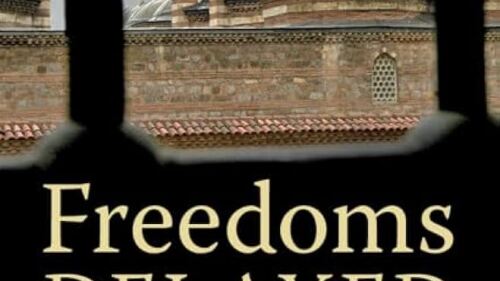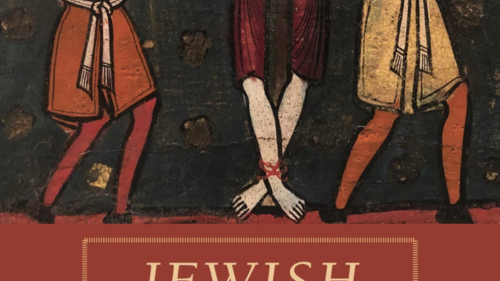Huband, Cairo correspondent for the Financial Times, has written possibly the worst book by a Western journalist on Islamism, one that has the disadvantages of being at the same time apologetic, misleading, and superficial. Partly the fault lies in the author’s ineffable ignorance, as symptomized by crude errors of fact (stating, for example, that Sufi orders originated in the seventh century, when they in fact first appeared in the twelfth century); but the factual errors are a minor problem compared to his profound lack of judgment.
Here’s a small sampling: In justifying Egypt as a “dynamic experiment in living” and Cairo as a city living “in harmony,” Huband asks this silly question: “How many Muslim cabinet ministers are there in Western governments? Few. But in the Egyptian government, the Coptic Christian minority is represented"—idiotically implying that the ancient and oppressed Coptic population is better off than the Muslim immigrants voluntarily streaming to the West. Or this stunner: “When two brothers yelled ‘Allah Akbar’ (‘God is Great’) before throwing a petrol bomb into a bus carrying German tourists in central Cairo on 18 September 1997, was the bombing an act of religious faith? Of course not.” What then, one might wonder, was it? An act of comedy? A literary statement?
Mix this deficient analysis with long quotations from Islamists, plus the author’s own distinctive style of pompous writing (“Plumes of smoke from burning incense curled into the hazy blue-gray afternoon sky, as the magnificent red blaze of the sun cast the shadows of the singers and dancers onto the harsh rock and sand of the graveyard. Dry, gnarled young trees stood motionless ... ") and the combination is too much to endure. This is one book everyone should skip.



